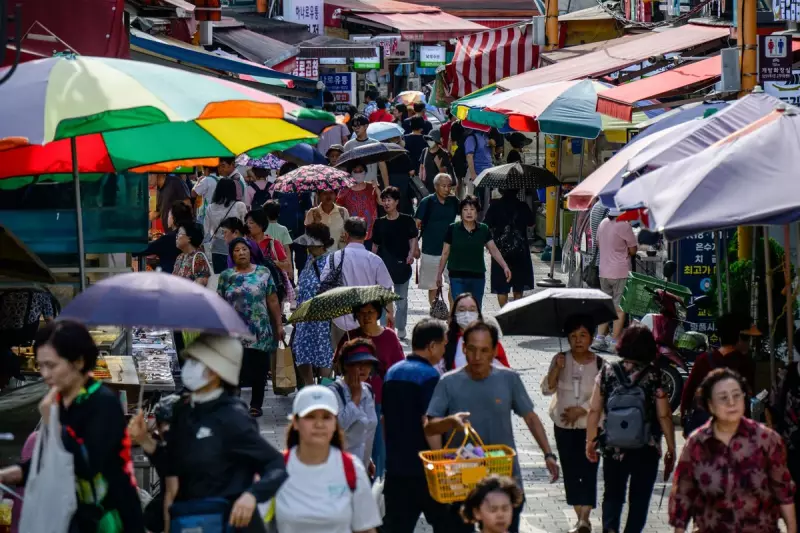
South Korea is grappling with an unprecedented demographic challenge as new government data confirms the nation's elderly population has reached a disturbing milestone. Recent statistics reveal that more than one in five South Koreans are now aged 65 or older, pushing the country deeper into a demographic crisis with far-reaching implications.
A Nation Growing Older
The figures from Statistics Korea paint a stark picture of a rapidly ageing society. The proportion of elderly citizens has surged past the 20% threshold, officially classifying South Korea as a 'super-aged society' by international standards. This demographic shift is occurring at an alarming pace, significantly faster than other developed nations.
Economic Implications Loom Large
This ageing trend places enormous strain on South Korea's pension system and healthcare infrastructure. With fewer working-age citizens supporting a growing elderly population, economists warn of potential economic stagnation and increased pressure on public finances. The working-age population continues to shrink while retirement-aged citizens expand, creating what experts describe as a 'demographic time bomb.'
Behind the Numbers
Several factors contribute to this worrying trend:
- Consistently low birth rates, among the world's lowest
- Increasing life expectancy due to advanced healthcare
- Younger generations delaying marriage and children due to economic pressures
- High costs of education and housing discouraging larger families
Government Response and Future Challenges
Successive South Korean governments have attempted to reverse the trend through various initiatives, including financial incentives for childbirth and support programmes for young families. However, these measures have yielded limited success, leaving policymakers scrambling for more effective solutions.
The situation raises critical questions about how South Korea will maintain economic growth and support its elderly citizens in the coming decades. Without significant intervention, the nation faces the prospect of labour shortages, increased healthcare costs, and potential strain on intergenerational relationships.
As other nations watch South Korea's demographic experiment unfold, the country's experience may serve as a cautionary tale for developed economies worldwide facing similar ageing population challenges.





